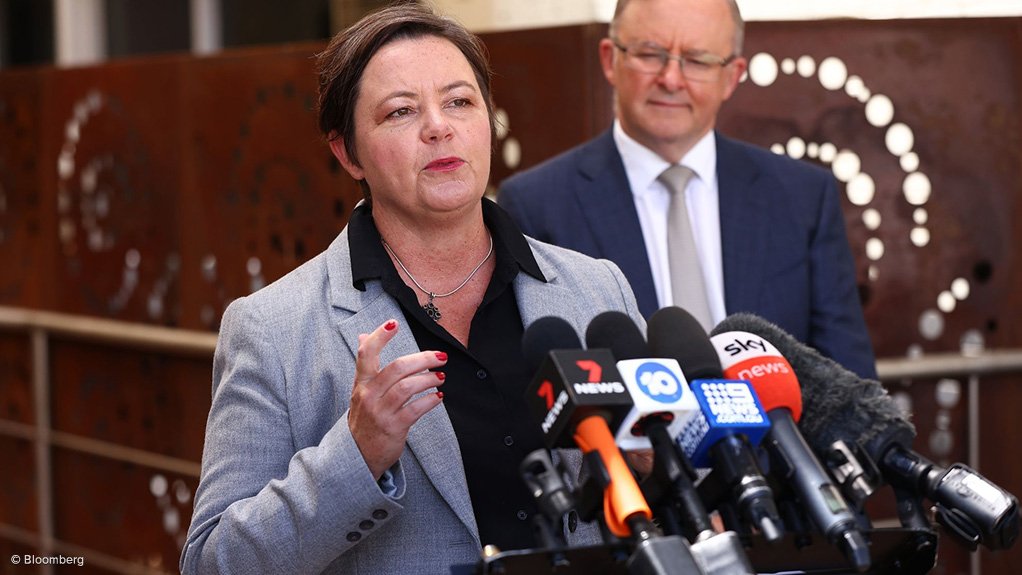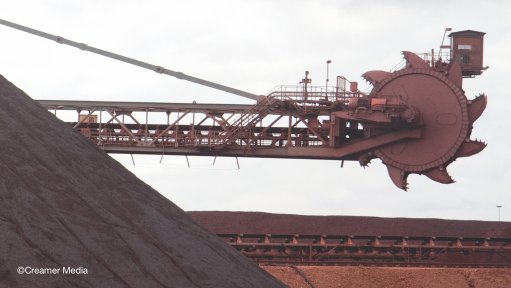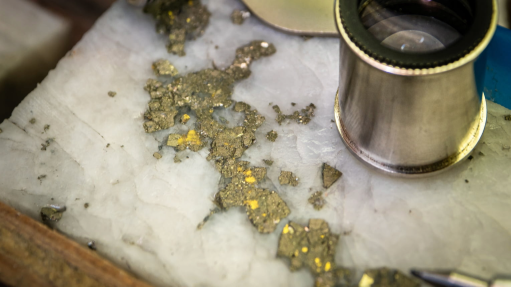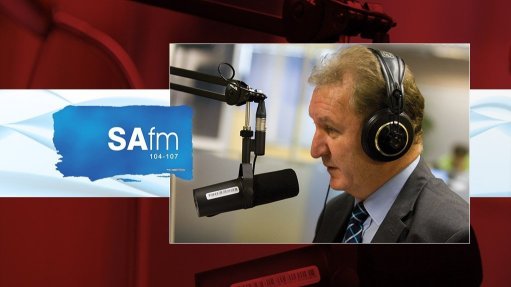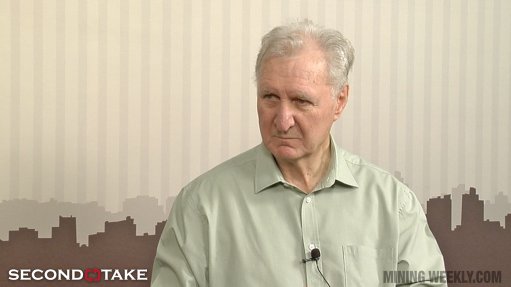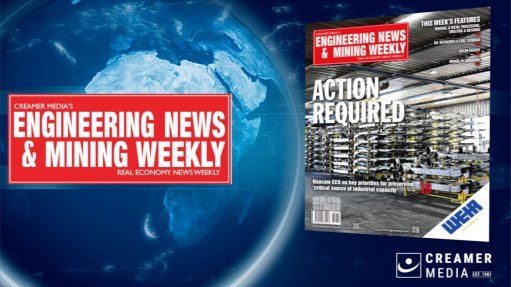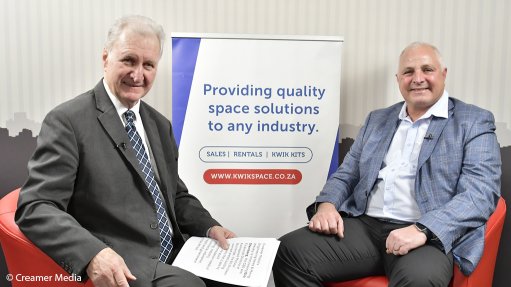Australia places nickel on critical minerals list
Australian Resources Minister Madeleine King has placed nickel on the critical minerals list, giving companies in the beleaguered industry an opportunity to access billions of dollars in government funding.
The Minister has the discretion to review the critical minerals list at any time and to make interim amendments if there are significant changes to technology, trade, domestic capacity or geopolitical development.
Since the list was updated on December 16, 2023, six operating nickel facilities have either announced reduction in operations or gone into care and maintenance. The decision to place nickel on the list means companies will have access to financing under the A$4-billion Critical Minerals Facility and critical minerals–related grant programmes.
King said the nickel industry faces substantial structural challenges that cannot be addressed overnight.
“The international nickel price is forecast to stay relatively low through 2024, and likely for several years to come until the surplus of nickel in the market is corrected,” King said.
The Association of Mining and Exploration Companies (AMEC) has welcomed the announcement, stating that industry has been calling for nickel's inclusion on the list for some time.
“Adding nickel to the critical minerals list makes sense and signals the commonwealth government intentions to deliver financial support to an industry that is hurting badly,” said AMEC CEO Warren Pearce.
The timing coincides with an Australian nickel industry battling surplus supply from overseas, lower global prices and the real risk of thousands more jobs being lost.
“Clearly, there is no single government measure that will provide an immediate fix, but there is definitely a need for intervention.”
King made the announcement on Perth radio this morning, with Western Australia Premier Roger Cook hinting that there’s more to follow.
Cook said: “We have some levers around royalty relief and royalty rebates, and we’re looking at all options in terms of how we can support the industry.”
“It is pleasing to see both state and federal governments coming together to find bespoke measures that support projects still in operation, and those already in care and maintenance” added Pearce.
AMEC also welcomes the recent comments from Prime Minister Anthony Albanese, around a substantial package set to be announced, that will respond in-part to the United States Inflation Reduction Act.
“There is more that can be done and needs to be done. AMEC and member companies have consistently been advocating for a production tax credit (PTC), that would provide a 10% tax credit for downstream materials producers and reduce the production cost disadvantage faced by Australian projects.
“A PTC is the kind of big picture thinking that would send a strong message of support to industry, investors, and global markets.
“A strong critical minerals industry is the backbone of the global energy transition. Adding nickel to the critical mineral list is a great first step and we look forward to further measures to ensure Australia remains competitive on a global scale,” said Pearce.
Meanwhile, the Chamber of Minerals and Energy of WA (CME) said while declaring nickel critical was a positive step, more actions were needed. CEO Rebecca Tomkinson said the addition of nickel, bauxite-alumina, zinc, copper and molybdenum were key recommendations in CME’s submission to last year’s review of the critical minerals list.
“However, we also need action from state and federal governments to deliver the settings required for a resilient and competitive critical minerals industry.
“These are measure we have long been calling for such as turnkey industrial land, investment in productive infrastructure and competitive fiscal settings.”
Tomkinson said government now needed the follow-up action of progressing other key recommendations from CME and industry to remove a lack of efficiency, timeliness and certainty in regulatory approvals.
She added that moves that relieved pressure on capital or operating costs, such as capital grants or PTCs, were much needed next steps to support an industry that provides high quality, ESG-compliant resources the world needs for the energy transition.
Comments
Press Office
Announcements
What's On
Subscribe to improve your user experience...
Option 1 (equivalent of R125 a month):
Receive a weekly copy of Creamer Media's Engineering News & Mining Weekly magazine
(print copy for those in South Africa and e-magazine for those outside of South Africa)
Receive daily email newsletters
Access to full search results
Access archive of magazine back copies
Access to Projects in Progress
Access to ONE Research Report of your choice in PDF format
Option 2 (equivalent of R375 a month):
All benefits from Option 1
PLUS
Access to Creamer Media's Research Channel Africa for ALL Research Reports, in PDF format, on various industrial and mining sectors
including Electricity; Water; Energy Transition; Hydrogen; Roads, Rail and Ports; Coal; Gold; Platinum; Battery Metals; etc.
Already a subscriber?
Forgotten your password?
Receive weekly copy of Creamer Media's Engineering News & Mining Weekly magazine (print copy for those in South Africa and e-magazine for those outside of South Africa)
➕
Recieve daily email newsletters
➕
Access to full search results
➕
Access archive of magazine back copies
➕
Access to Projects in Progress
➕
Access to ONE Research Report of your choice in PDF format
RESEARCH CHANNEL AFRICA
R4500 (equivalent of R375 a month)
SUBSCRIBEAll benefits from Option 1
➕
Access to Creamer Media's Research Channel Africa for ALL Research Reports on various industrial and mining sectors, in PDF format, including on:
Electricity
➕
Water
➕
Energy Transition
➕
Hydrogen
➕
Roads, Rail and Ports
➕
Coal
➕
Gold
➕
Platinum
➕
Battery Metals
➕
etc.
Receive all benefits from Option 1 or Option 2 delivered to numerous people at your company
➕
Multiple User names and Passwords for simultaneous log-ins
➕
Intranet integration access to all in your organisation



